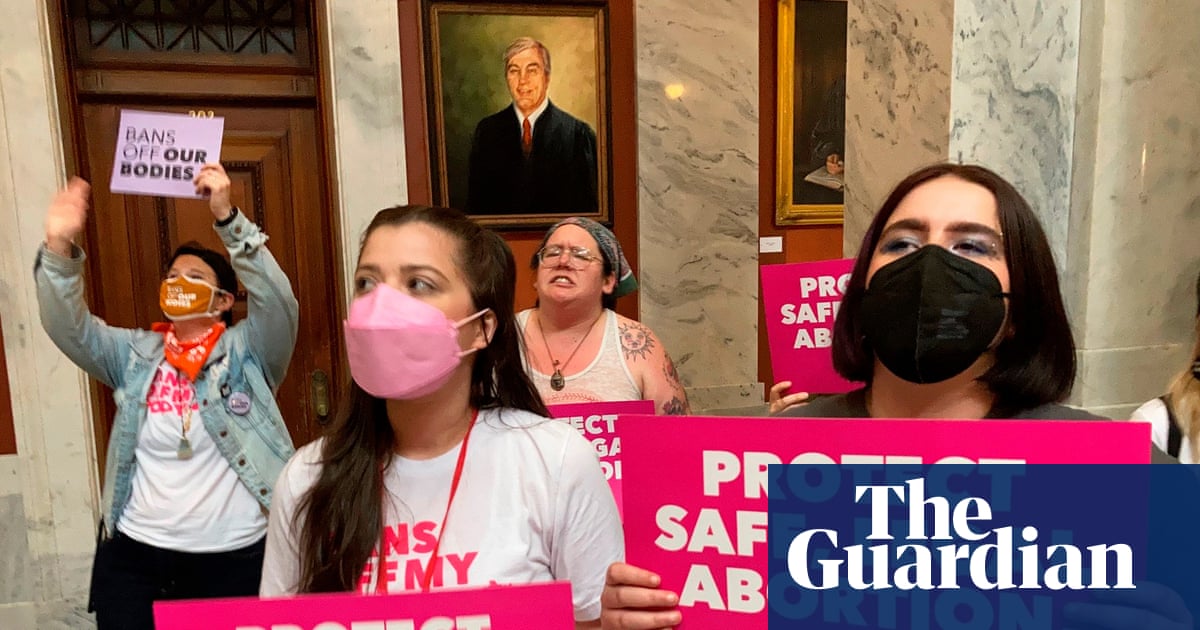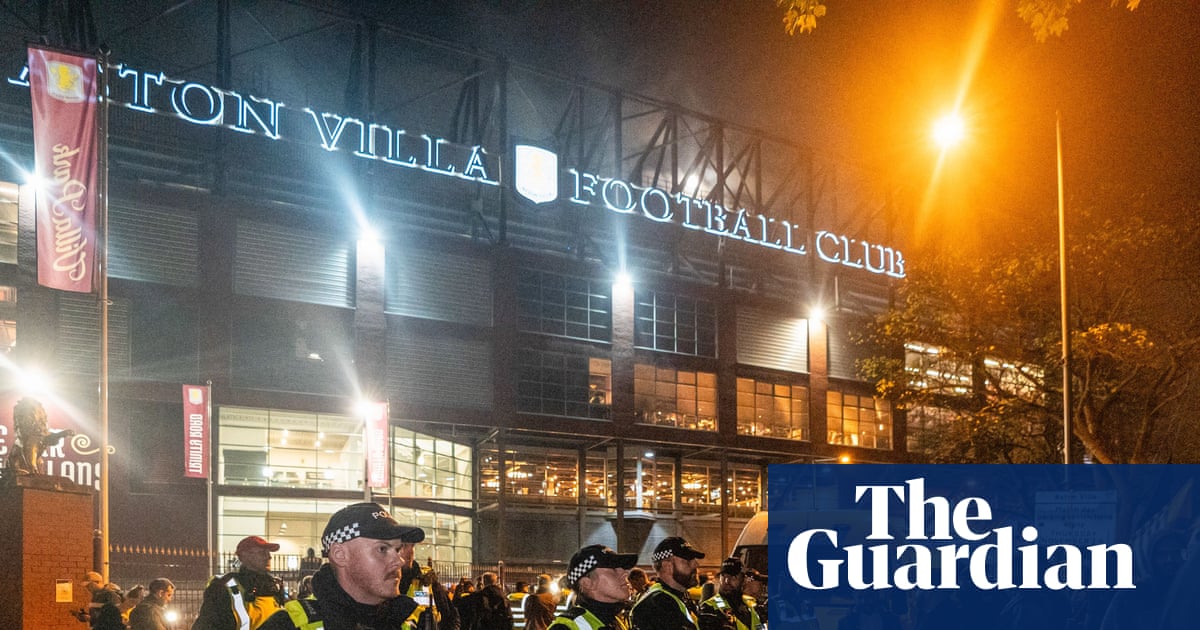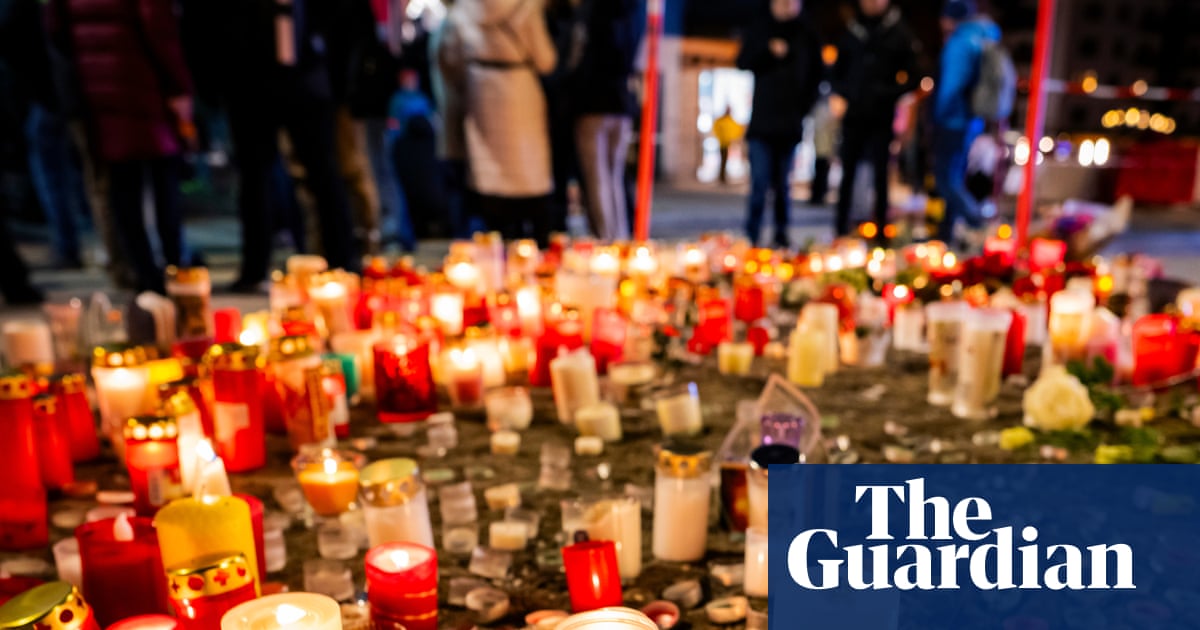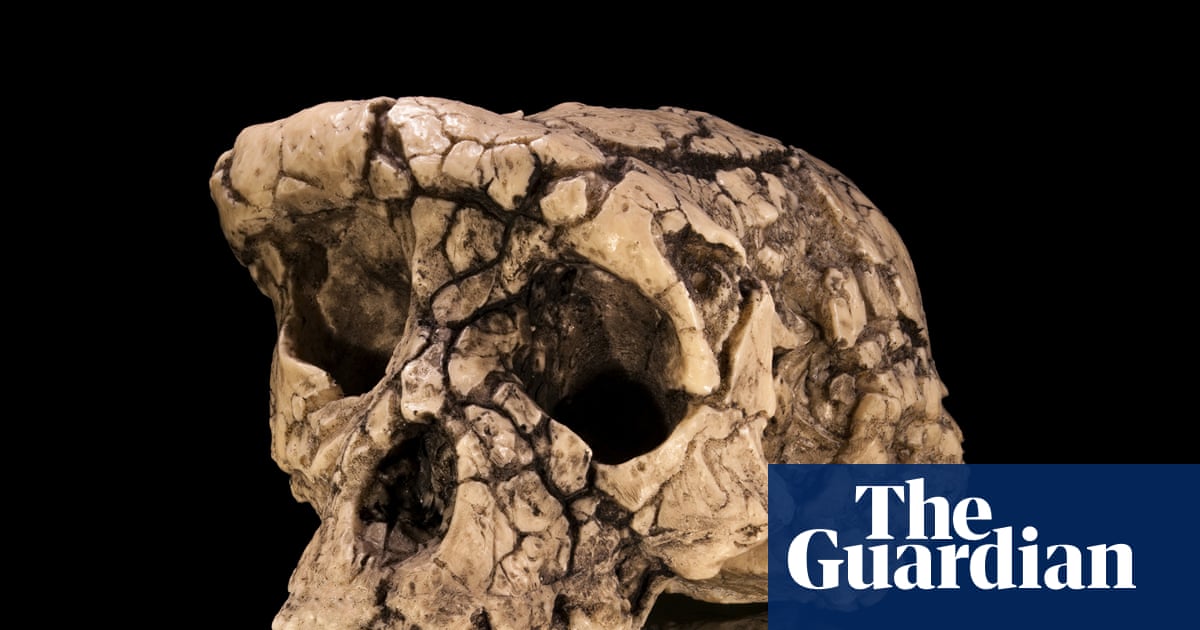It is 18 years since three-year-old Madeleine McCann disappeared without trace from the apartment block in Praia da Luz, Portugal, where her family were holidaying. The suffering of her parents, Kate and Gerry, then and since is unimaginable. It is not clear whether the new documentary Madeleine McCann: Searching for the Prime Suspect was made with their blessing or not. But here it is – an hour-long film led by criminologist Dr Graham Hill, who has been involved in the case since the beginning, about the possible connections between convicted sex offender Christian Brückner and the child’s disappearance. It attempts to evaluate the likelihood that he took and, as the German police investigating him firmly believe, though he denies any involvement with Madeleine, killed her.
“There are millions of men with a sexual interest in children. But only a very rarefied group of men who will abduct, sexually assault and then murder that child,” says Hill. It only gets bleaker from there. In 2007, he was a senior detective with Surrey police and arrived in Portugal three days after Madeleine went missing, as part of the UK’s Child Exploitation and Online Protection Centre’s response to the unfolding situation. At their first meeting, Gerry McCann asked him how likely it was that Madeleine was alive. According to statistics, Hill told him, abducted children are usually dead within three to six hours of being taken.
The bulk of the hour lays out a story familiar both from coverage of the case and from programmes like this about all manner of terrible cases since. Hill was concerned from the beginning about flaws in the police investigation, and especially by the Portuguese force focusing so quickly on the McCann parents as suspects, instead of casting the net as wide as possible to see who else was in the vicinity with a history of offending that would suggest danger.
Other missed details and incomplete records meant that Brückner, despite living nearby and having convictions for indecent exposure in front of young girls, was not identified as a possible suspect until he was convicted in Germany in 2017, and sentenced to 15 months in jail, for the sexual abuse of a five-year-old girl and possession of indecent images of her, that he had made, and others that he had collected. His name had also arisen as part of a German investigation into paedophile rings. Online chat transcripts of him fantasising about his desire to “capture something small and use it for days” and documenting “exactly how she’s being tortured” were found, along with a bag full of USB sticks showing him and others engaging in appalling sex crimes with children.
In 2020, while he was serving a seven-year sentence for the rape of an adult woman in the same area of the Algarve, German police announced he was also their prime suspect for the murder of Madeleine McCann. A criminal acquaintance claims Brückner told him “she didn’t scream” when they saw a report about the missing child on television. In 2024, Brückner was acquitted of three other rapes and two charges of child sexual abuse after evidence, including the USB sticks, was excluded for technical irregularities regarding the search warrant, and concerns were raised about potentially prejudicial media coverage. He has just been released from prison after serving the seven-year sentence, without enough evidence currently available to bring charges for the child’s murder.
Which, if we put all the horror aside for one moment, raises the question: what is this documentary for? What purpose does it serve? It has an exploitative, voyeuristic feel from the beginning – not helped by Hill’s appearance in Sky’s 2022 true-crime series The Murder Detective – and the increasing emotiveness of the assertions that accrue as it goes on make it an increasingly uncomfortable experience. Will this not jeopardise future charges or convictions, as media attention apparently did in 2024? Are they trying to tell us that conviction by the court of public opinion is the best to be hoped for here? Are we really so far gone that this is now to be held out as an option?
It ends with one of the women who testified as a victim in Brückner’s 2024 trial saying: “The idea for him to be the last person, potentially, that little girl would have seen in her world – it’s horrendous.” The programme makers borrow her anguish to obscure the double remove we are now at from facts, to manipulate viewers and inflame furies at a time currently so febrile, when rigorous reporting of verifiable truths instead of feelings has never been more important. This is not how wrongs get righted – let alone wrongs of the most harrowing, grievous kind.

 3 months ago
91
3 months ago
91

















































